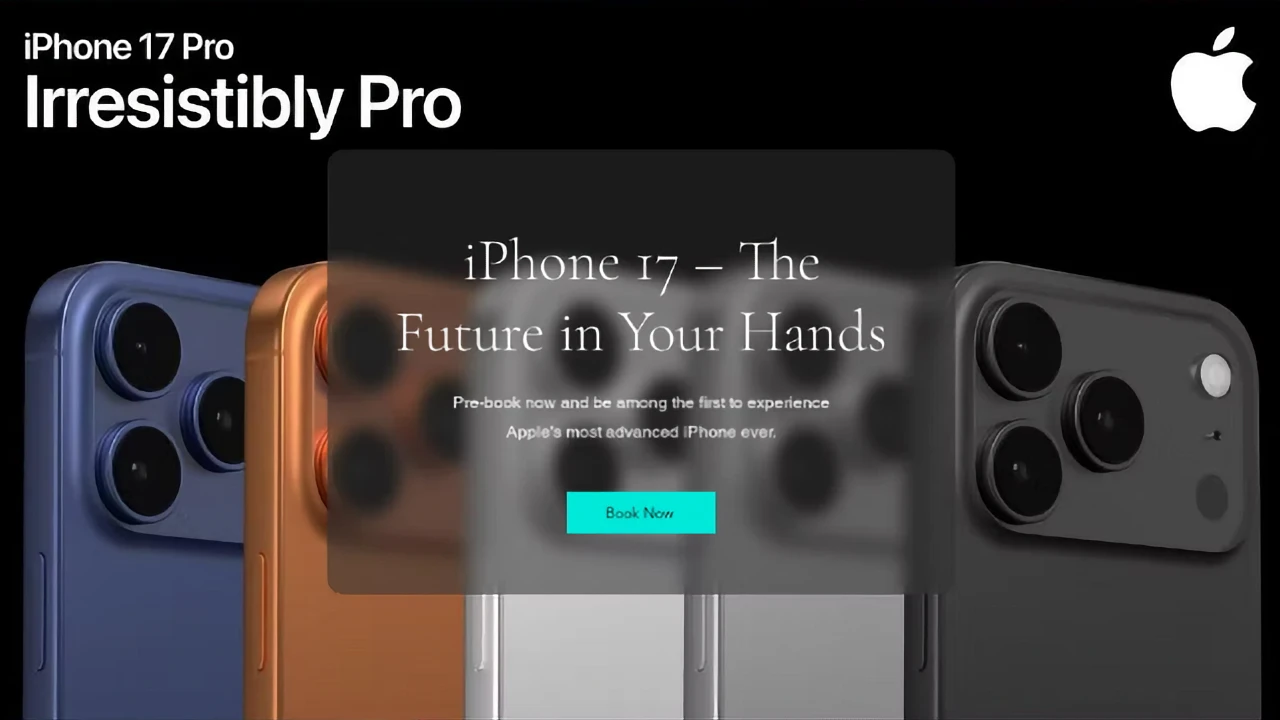With Apple opening pre-orders for the new iPhone, Kaspersky has detected a surge in scams exploiting the device’s launch excitement. Scammers are using fake websites, spoofed giveaways, and fake “tester” recruitment schemes to collect personal and financial information. These attacks pose significant risks, including personal data theft and financial loss.
iPhone 17 scammers have sprung up
One scam involves using fake websites impersonating Apple’s official store to persuade users to pre-order the iPhone 17 “before it sells out” and then stealing their bank card details during checkout.

Scammers are also running fake giveaways, requiring participants to complete surveys, enter personal information (email addresses, phone numbers, etc.), and pay shipping or service fees, promising free iPhone devices as prizes. The site also features a fake feedback panel featuring users claiming to have received their “prizes.”
Scammers are also advertising iPhone 17 “tester device” deals, luring tech-savvy users into providing their contact information and shipping addresses and paying a delivery fee in exchange for supposedly early access devices. However, these devices are never delivered, resulting in spam or spear-phishing attacks.

To protect yourself from this new wave of iPhone-related scams, Kaspersky advises users to:
- Only buy from official sources. To avoid fake sites, purchase the iPhone 17 only through Apple’s website, authorized resellers, or verified carriers.
- Verify URLs and avoid unsolicited offers. Ignore unsolicited emails, text messages, or ads promising deals or prizes.
- Never share your personal data with the promise of a “free gift.” Legitimate contests rarely ask for sensitive information upfront. Consider any requests for your name, card details, or address a red flag.
- Enable multi-factor authentication and regularly monitor your accounts. Enable 2FA on your Apple ID and financial apps, and regularly review your statements for unauthorized activity.













